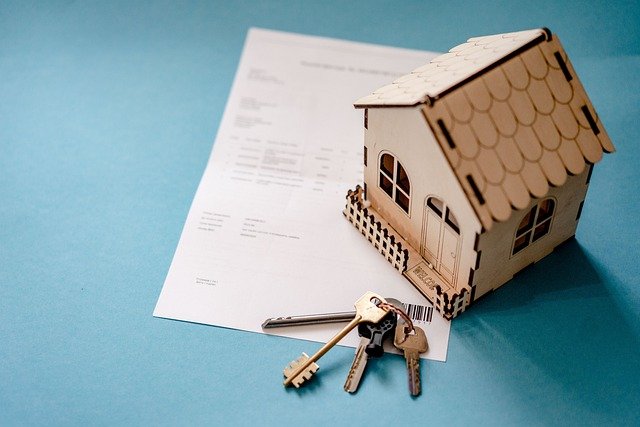The Intricate Dance of Urban Real Estate: A Comprehensive Guide
The urban landscape is a dynamic entity, continuously adapting to the changes in economic, social, and cultural factors. Real estate in these areas not only mirrors these shifts but also plays a significant role in shaping them. Understanding the intricacies of urban real estate can be a challenge. However, with the right guidance, it can turn into a rewarding investment opportunity.

In this article, we delve into the complexities of urban real estate, discussing its past, present, and potential future. We will explore the current market trends, financial aspects, and the impact of various strategies on both buyers and sellers.
A Look Back at Urban Real Estate
Urban real estate has a rich history, marked by periods of boom and bust, each significantly influencing the urban landscape’s current shape. The Industrial Revolution, for instance, led to a surge in urban population growth, leading to the creation of various housing types, including tenements and row houses.
Understanding the Current Market Trends
In recent years, urban real estate has seen a significant shift. From a focus on luxury condos to a renewed interest in affordable housing, the market is constantly evolving. A significant trend is the rise of mixed-use developments, blending residential, commercial, and even industrial spaces into one cohesive unit.
Financial Insights into Urban Real Estate
Investing in urban real estate isn’t just about finding the right property; it’s also about understanding the financial implications. From property taxes to the cost of renovations, there are several financial aspects to consider. Recent studies have shown a steady appreciation in urban real estate value, indicating a positive return on investment over the long run.
The Impact of Strategies on Buyers and Sellers
Various strategies can be employed when dealing with urban real estate, each with its own set of advantages and challenges. For instance, investing in up-and-coming neighborhoods can offer high returns but also involves a degree of risk. For sellers, strategies such as staging the property or offering flexible payment options can help attract potential buyers.
Looking Towards the Future
As cities continue to grow and evolve, so will the urban real estate market. Future market trends may be influenced by factors such as advancements in sustainable building practices or changes in urban planning policies. For both buyers and sellers, keeping up with these changes will be crucial to making informed decisions.
To conclude, understanding the intricacies of urban real estate is a complex but rewarding endeavor. With the right knowledge and strategies, it can offer significant investment opportunities. As we look towards the future, staying informed about the latest trends and developments will be key to navigating this dynamic market.




